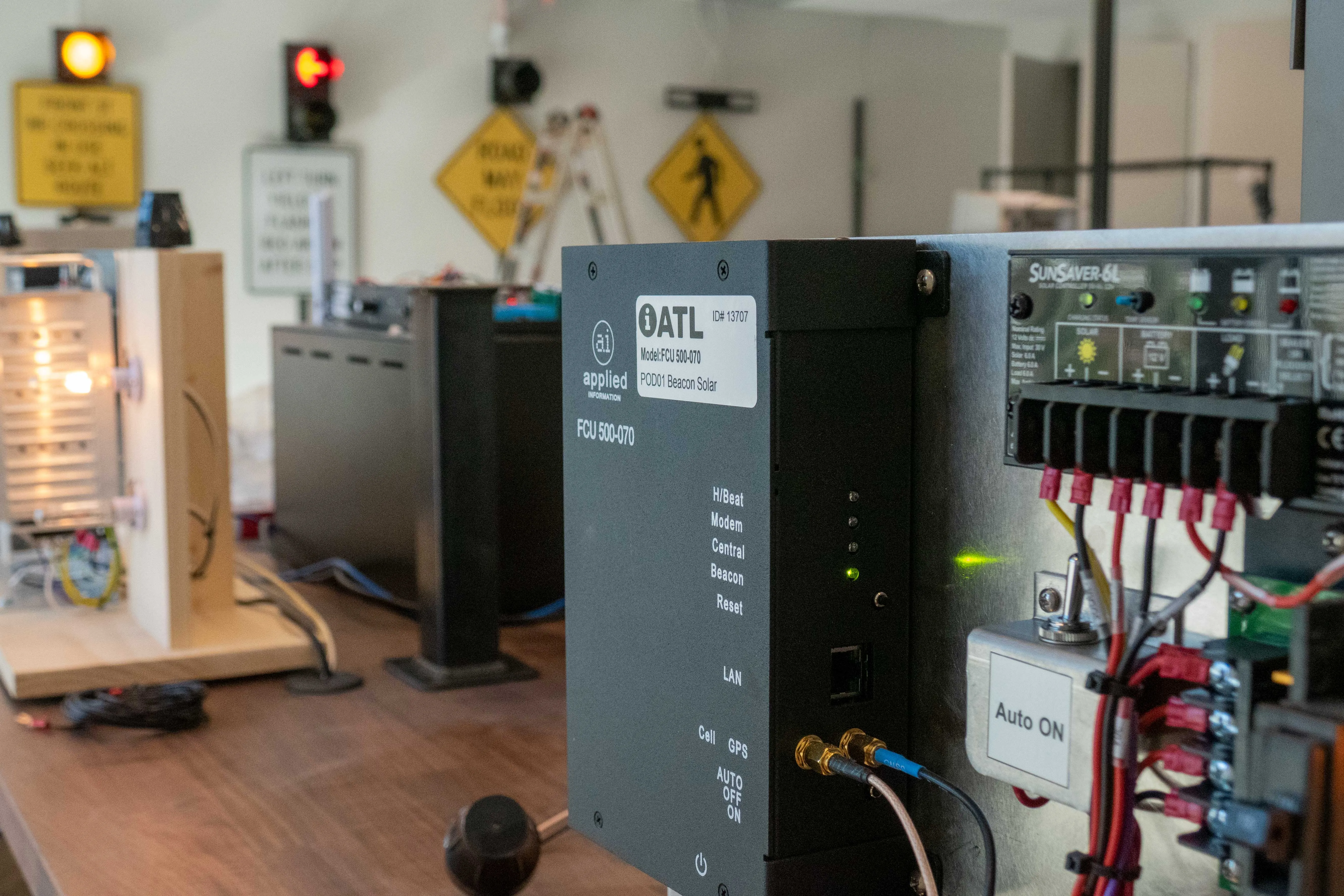
The Asian Development Bank (ADB) has approved $200 million in loans to support China's Xiangtan municipal government as it shifts to smart city development.
Xiangtan is a prefecture-level city in the central part of Hunan province.
ADB says greenhouse gas emissions increased in Xiangtan by 4.5% a year during 2005-16.
The municipal government has taken measures to reduce carbon emissions including the deployment of clean vehicles and the promotion of low-carbon technologies.
ADB says the Xiangtan Low-Carbon Transformation Sector Development Program will help the municipal government establish 60km of dedicated bus lanes with transit signal priority and real-time bus information.
According to the bank, it will upgrade street layout to provide better walking and cycling access, redesign the access at two railway stations for easy mode-shift and improving road safety at school zones.
Na Won Kim, ADB senior urban development specialist, describes Xiangtan as an “old industrial city” that is committed to “achieving carbon peaking by 2028”.
“To support this target, the assistance will take a sector development programme approach to bring well-designed low-carbon and climate-resilient infrastructure, information, and knowledge platforms, and policy reforms that will provide an enabling environment and the right incentives to stimulate low-carbon behaviours and practices,” Won Kim adds.
ADB is providing a $150m for project activities and a second $50m policy-based loan which is to be paid in two instalments following the completion of reforms aimed at low-carbon technologies.









